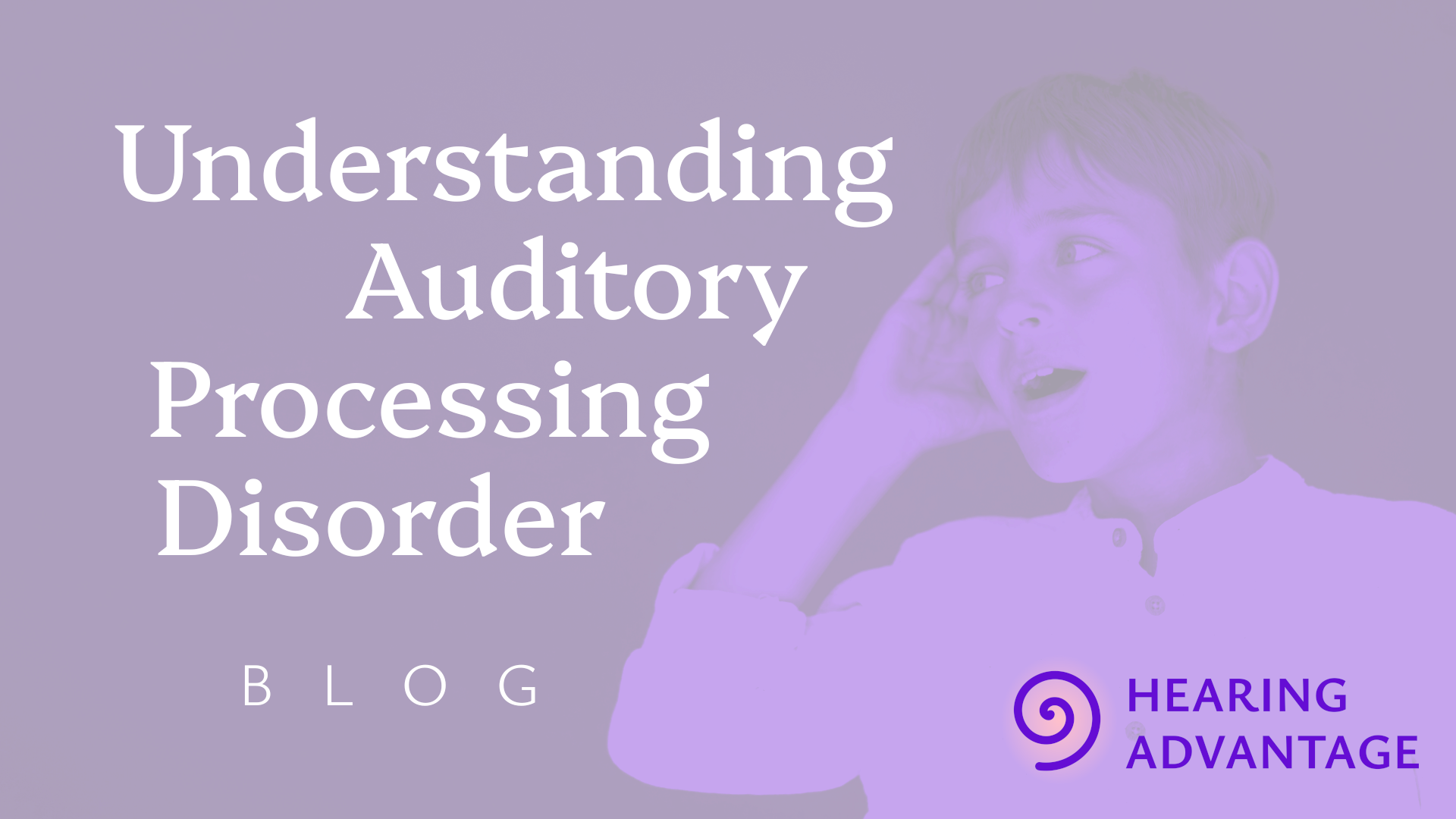Auditory Processing Disorder (APD) can make it hard for some people to understand what they hear, even though their hearing is perfectly fine. People with APD might struggle to follow conversations, especially in noisy places, or might mishear words. Luckily, many individuals have found success in treating APD, and their stories can inspire those facing similar challenges.
Meet Sarah
Sarah is a bright ten-year-old girl who was often frustrated in school. She loved learning but found it hard to understand her teacher when there was background noise. After talking with her parents and a school psychologist, Sarah was diagnosed with APD. To help her, she started a program that included auditory training exercises and playing listening games.
Her sessions were held twice a week for about six months. During this time, Sarah learned to focus on specific sounds and improved her ability to filter out background noise. By the end of her treatment, her teachers noticed a significant change. Sarah was much more confident in class and participated actively in discussions, leading to higher grades and a happier school experience.
David’s Journey
David, a 16-year-old high school student, had a different experience. He struggled with comprehension during lectures, which affected his grades. After a diagnosis of APD, David worked with an audiologist who introduced him to Sound Therapy and various listening strategies over a period of eight months. Each week, he practiced listening to different sounds and learned to break down the information he heard.
David also received therapy to improve his listening skills in real-life situations. He would practice at home by having conversations with family members and using strategies he learned. By the end of his program, David was not only improving in his schoolwork, but he also began to feel more comfortable speaking up in class. His newfound confidence made a huge difference in his social life, too!
The Role of Support
Both Sarah and David benefited not just from their treatments but also from the support of their families, teachers, and therapists. This shows us how important it is to have a strong support system when finding solutions to challenges like APD.
These success stories remind us that while APD can be tough, treatment is available and often very effective. With the right tools and strategies, individuals with APD can develop the skills they need to succeed in everyday life. If you or someone you know is facing difficulties with auditory processing, don’t hesitate to seek help. There is hope and a path to improve listening skills, paving the way for a brighter future!

